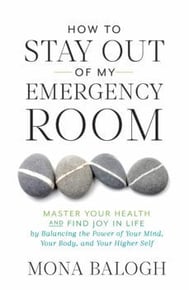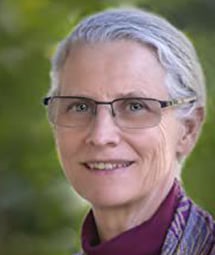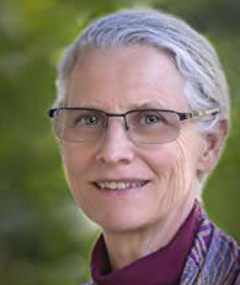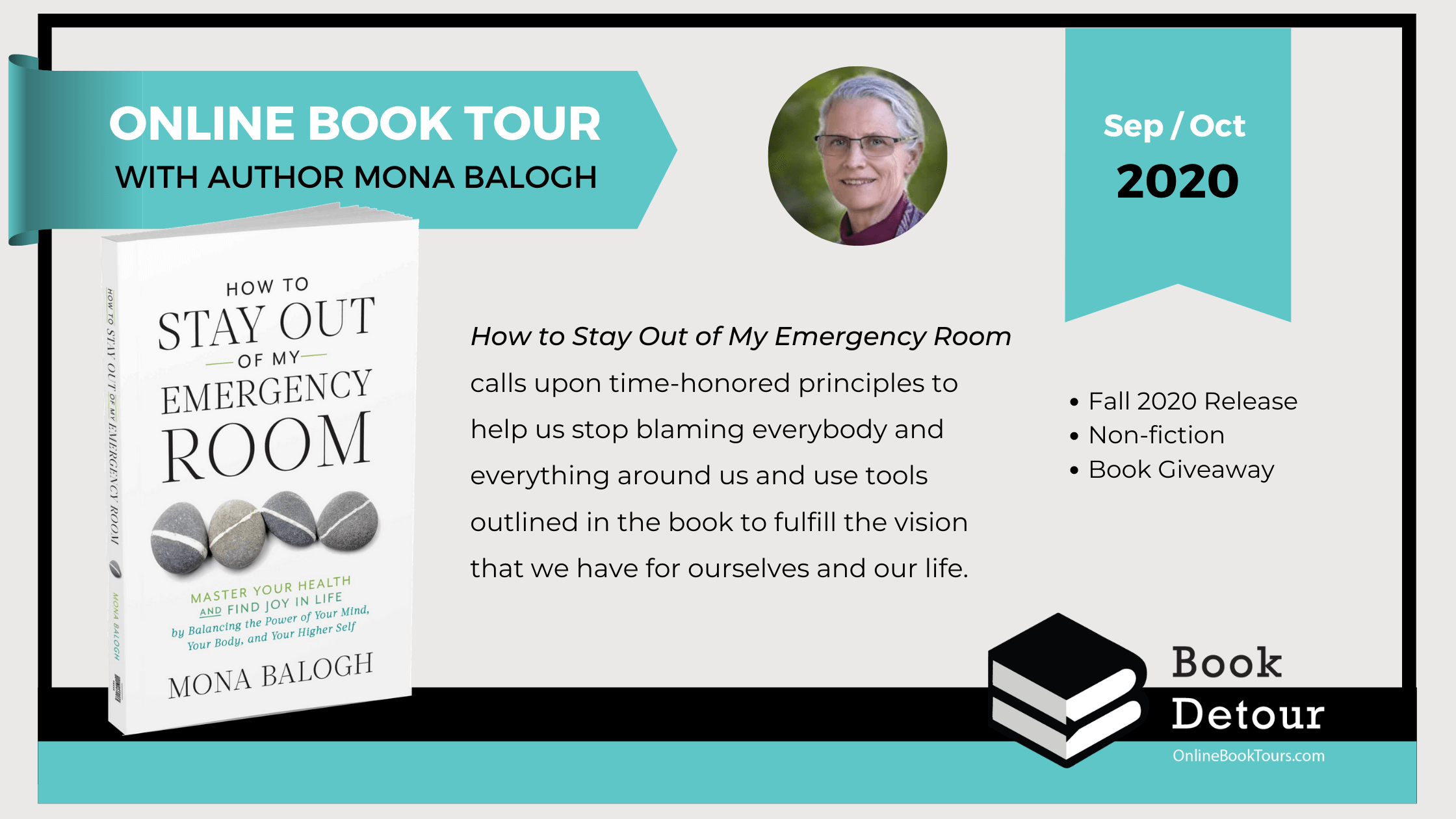I began writing like everyone else, in school. At that time I wrote for the teacher, and for the grade. I did enjoy writing, because I was lucky enough to enjoy reading as well. Then I grew up, moved away from home and school, and chose a career where I could help others. In my case, emergency medicine. Like so many of us, I wanted to pass my experience and wisdom on to others. One way to do this is by doing and teaching. Another way is by writing.
First I had to take in some information and gain some knowledge. I studied hard through college, medical school, and residency. I learned a ton from classes, teachers, and books. Classes that other people taught, and books that other people wrote. Afterwards I was able to serve others with my knowledge, and teach them what I knew.
The path to wisdom is:
Information + experience = knowledge
Knowledge + experience = wisdom
Experience is the best path to wisdom. In medical school we got a lot of experience doing procedures, such as drawing blood and draining abscesses. The mantra was 'see one, do one, teach one'. After many blood draws and drained abscesses, I got pretty good at them.
Which takes me back to writing. Early on for me writing was a chore, especially when I had to do it for someone else. Writing for yourself, though, as in journaling, becomes a path to knowing your Self. Over time you begin to know yourself pretty well. Read your journal entries months or years later, and you'll be amazed at how you've evolved. I loved writing for myself. In one journal I wrote out psychologist Abraham Maslowe's famous characteristics of self-actualizers:
- They perceive reality efficiently and can tolerate uncertainty;
- Accept themselves and others for what they are;
- Spontaneous in thought and action;
- Problem-centered (not self-centered);
- Unusual sense of humor;
- Able to look at life objectively;
- Highly creative;
- Resistant to enculturation, but not purposely unconventional;
- Concerned for the welfare of humanity;
- Capable of deep appreciation of basic life-experience;
- Establish deep satisfying interpersonal relationships with a few people;
- Peak experiences;
- Need for privacy;
- Democratic attitudes;
- Strong moral/ethical standards.
I was sixteen years old at the time and decided I fulfilled each one of these. Over the years I realized that I had idealized my Self a bit. With time I crept off my pedestal and became merely human. I was not unusual, or resistant, or highly anything. I had so much more information to experience ahead of me to become knowledgable, much less wise.
But information there is indeed! 'Just Google It' means having access to thousands of years of human writing. I'm so grateful to all these writers, whose wisdom I'm now experiencing.
Take something simple, like bees. Google 'bees' and read from an apiarist that there are over 16,000 different bee species, but only eight species that make the honey we eat. Go out in nature and experience bees collecting pollen. Visit an apiary. Go to the grocery store and buy and taste some honey. Sweet!
Over time, you collect bee information and store it as knowledge. Apply what you know to daily living. One day you and your sweetheart take a picnic to the park. You're wearing light blue and yellow, and your favorite Victoria's Secret perfume. When you open the sodas and the fruit salad the local bees take notice. They look for the pollen on your blue/yellow/Victoria's Secret/soda/fruit flower. You swat them. They sting you. You google 'bee sting' on your smartphone and find a list of do's (remove the stinger, wash, ice, anti-inflammatories, hydrocortisone cream, calomine lotion) and don'ts (walk around barefoot outside, look or smell like a flower, bother beehives, scratch a sting).
If you've learned from this experience, you can share it with your journal, or with others. You decide how far you want to go. In writing, the paths are exponential.
Anyone can, and should, write to themselves in a journal. Early in my career I wrote down interesting patient interactions in a spiral notebook. Almost every day I experienced something unusual, like threes in a row: One overnight shift I had three patients who had complications from surgery for erectile dysfunction (three different surgeons, three different types of ED surgeries; no need to go into detail!). I kept the Urologist busy that night. Another overnight I called the Neurosurgeon in three times, for three very different neurosurgical emergencies (a young man who broke his neck falling headfirst on the edge of a trampoline; a middle aged woman who had an acute stroke treatable with a rapid clot removal procedure; and an elderly man who fell and had a subdural hematoma, or bleed, that needed to be drained asap). On top of this the poor Neurosurgeon was pregnant.
 I was intrigued by these people, perfectly normal until their emergency, as well as by their mostly successful recoveries. I loved writing their stories, and re-reading them months and years later. After many years of journaling, I gradually got the idea to write a book about frequent flyers, people who mysteriously wound up in my emergency room for the same problem over and over. Amazingly, when I started writing my book of stories, I discovered why these people did what they did. And then I discovered how to fix them. My book, How To Stay Out of My Emergency Room, speaks for these most difficult patients.
I was intrigued by these people, perfectly normal until their emergency, as well as by their mostly successful recoveries. I loved writing their stories, and re-reading them months and years later. After many years of journaling, I gradually got the idea to write a book about frequent flyers, people who mysteriously wound up in my emergency room for the same problem over and over. Amazingly, when I started writing my book of stories, I discovered why these people did what they did. And then I discovered how to fix them. My book, How To Stay Out of My Emergency Room, speaks for these most difficult patients.
There is so much writing out there. Books, blogs, Facebook, Twitter, Wikipedia. A truly egalitarian forum for anyone who enjoys seeing their thoughts in print. The information is out there, the experience is waiting for you, and the knowledge and wisdom that can come from it all is yours, and the world's, to enjoy.
***Want to win a FREE copy of Mona's book? Simply write a comment on Raffle Copter to enter***
 Author bio: Mona Balogh is a retired emergency physician who received her medical degree at Southwestern Medical School. After she completed her residency in emergency medicine at Los Angeles County + University of Southern California Medical Center, Dr. Balogh worked in emergency rooms throughout Los Angeles. She also provided free healthcare to underserved populations in Los Angeles, and in Baja, California, with the Flying Samaritans.
Author bio: Mona Balogh is a retired emergency physician who received her medical degree at Southwestern Medical School. After she completed her residency in emergency medicine at Los Angeles County + University of Southern California Medical Center, Dr. Balogh worked in emergency rooms throughout Los Angeles. She also provided free healthcare to underserved populations in Los Angeles, and in Baja, California, with the Flying Samaritans.
Dr. Balogh discovered her passion for alternative medicine at an addiction medicine seminar, where she learned to combine evidence-based Western philosophies with Eastern therapies. Since then, Dr. Balogh has studied traditional Chinese medicine, herbal and homeopathic therapies, and acupuncture. She lives with her husband, Endre, in Chatsworth, California.



Leave Comment